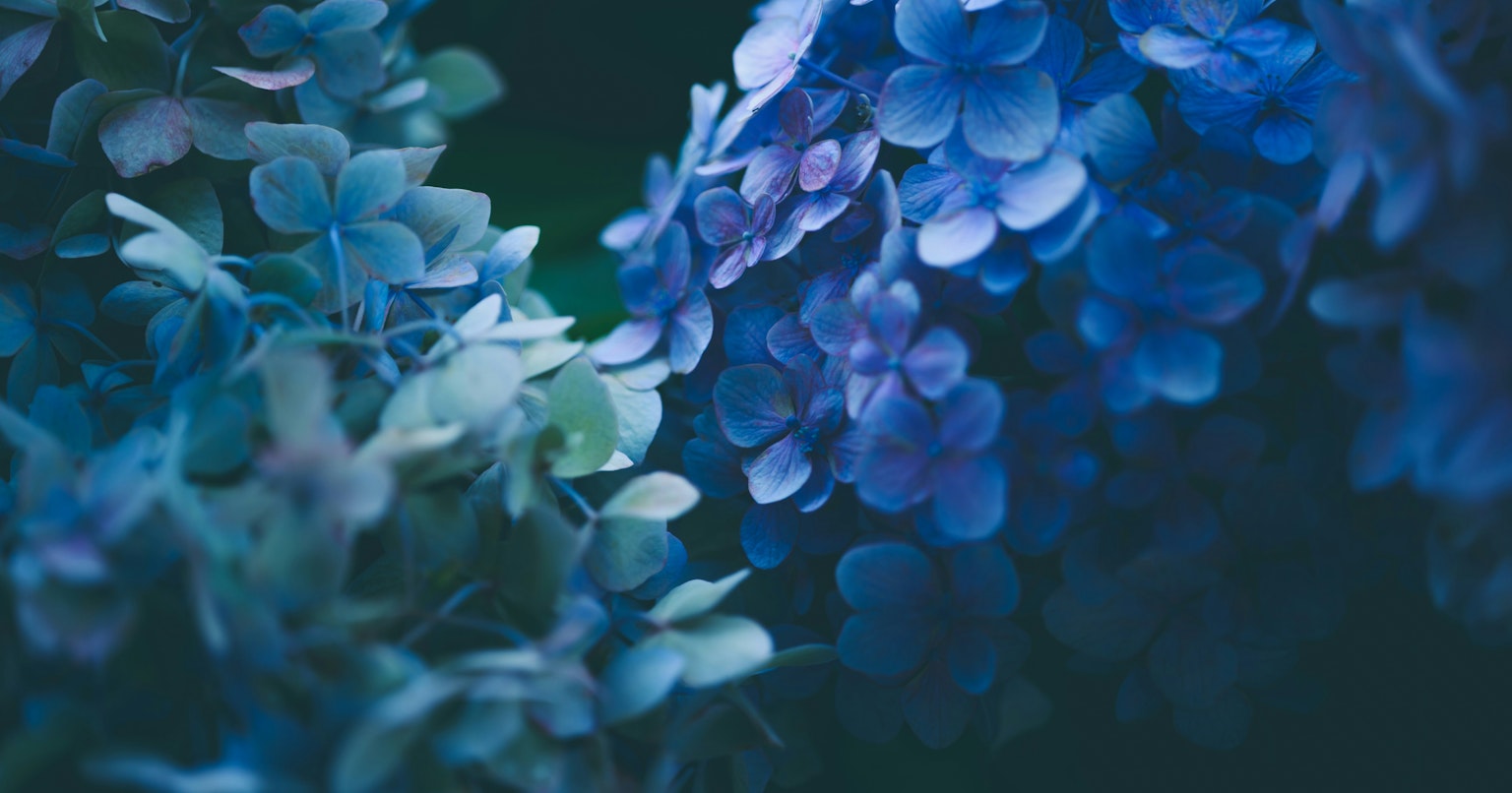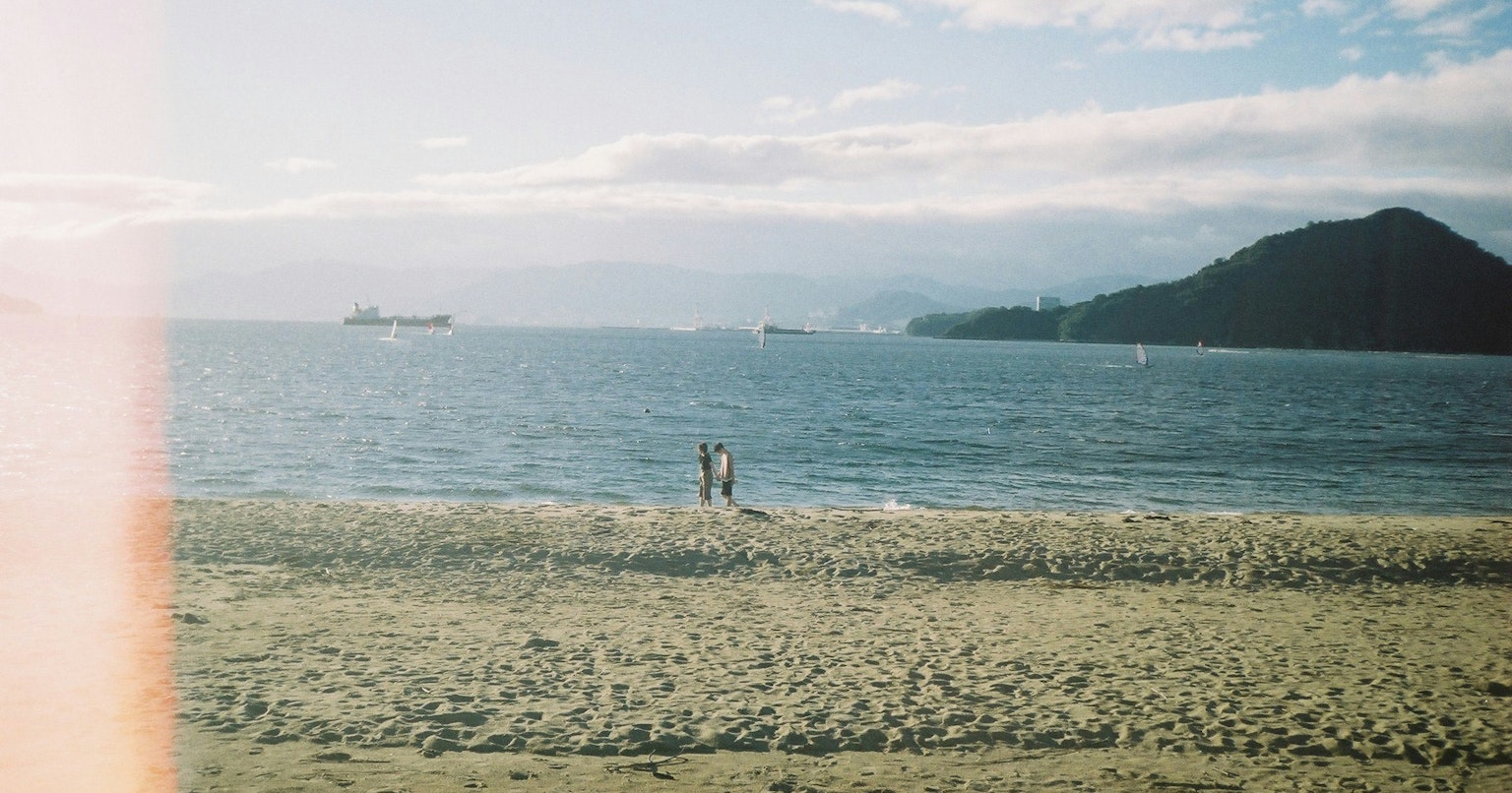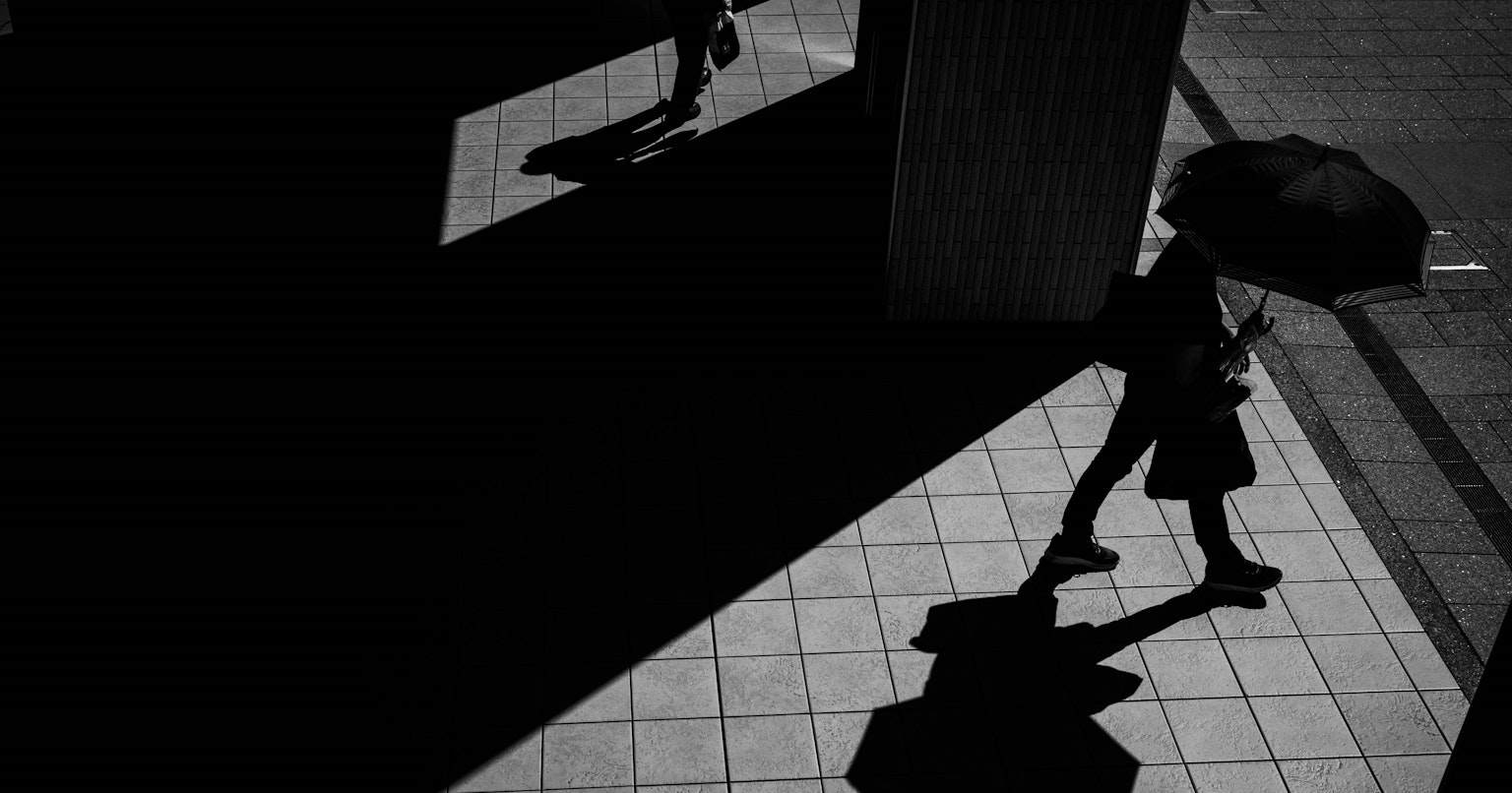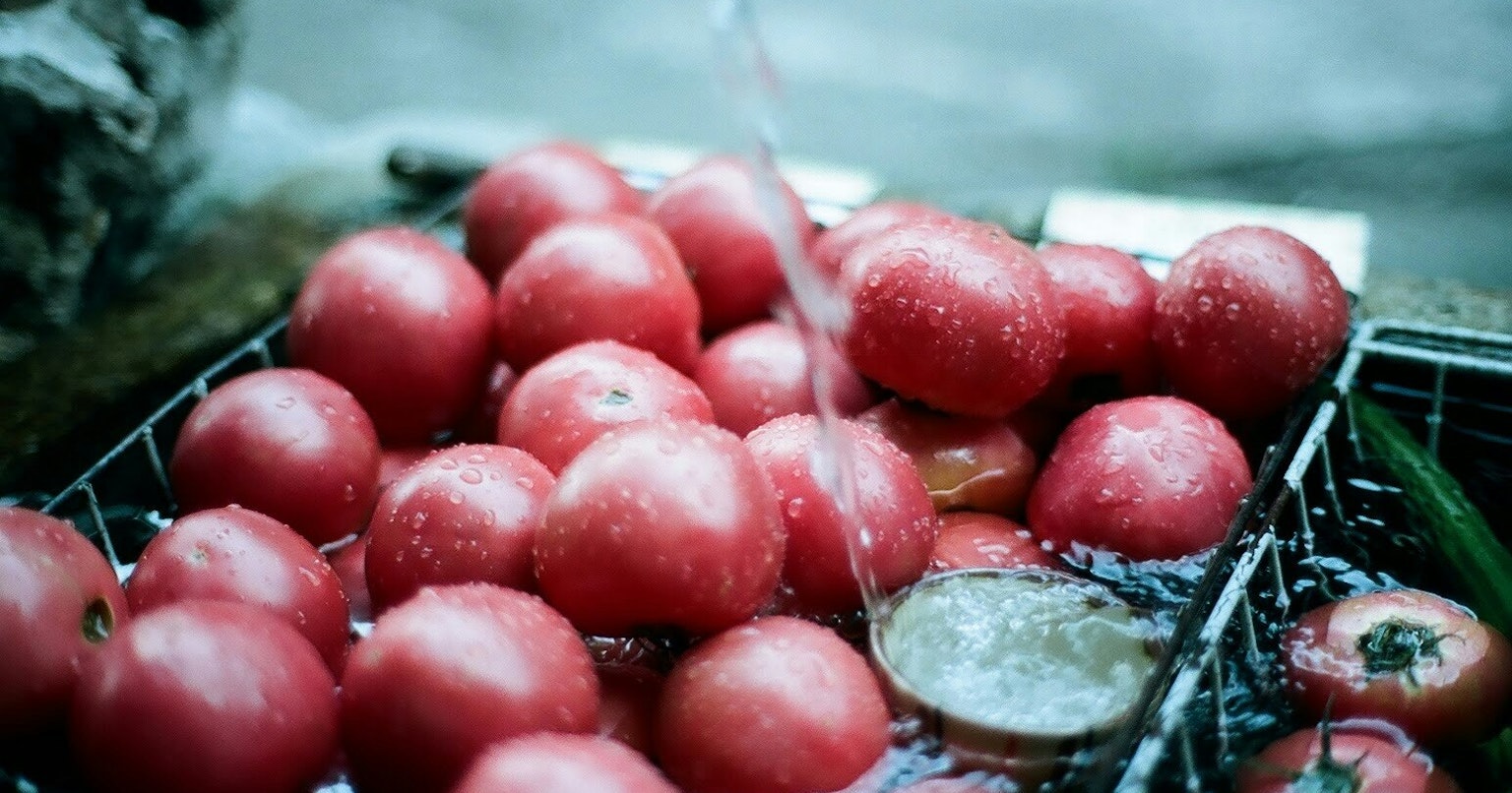
Cover photo by っぽ
Photography isn't just about 'taking beautiful pictures.' Recently, the expressive technique known as 'Are-Bure-Bokeh' has been gaining renewed attention. Photos that are out of focus, shaky, or seemingly 'failed' have the power to stimulate the viewer's imagination.
This time, we focus on the art of intentionally embracing the beauty of chance. In an era dominated by digital precision, we delve into the fascinating appeal of 'intentional imperfection.'
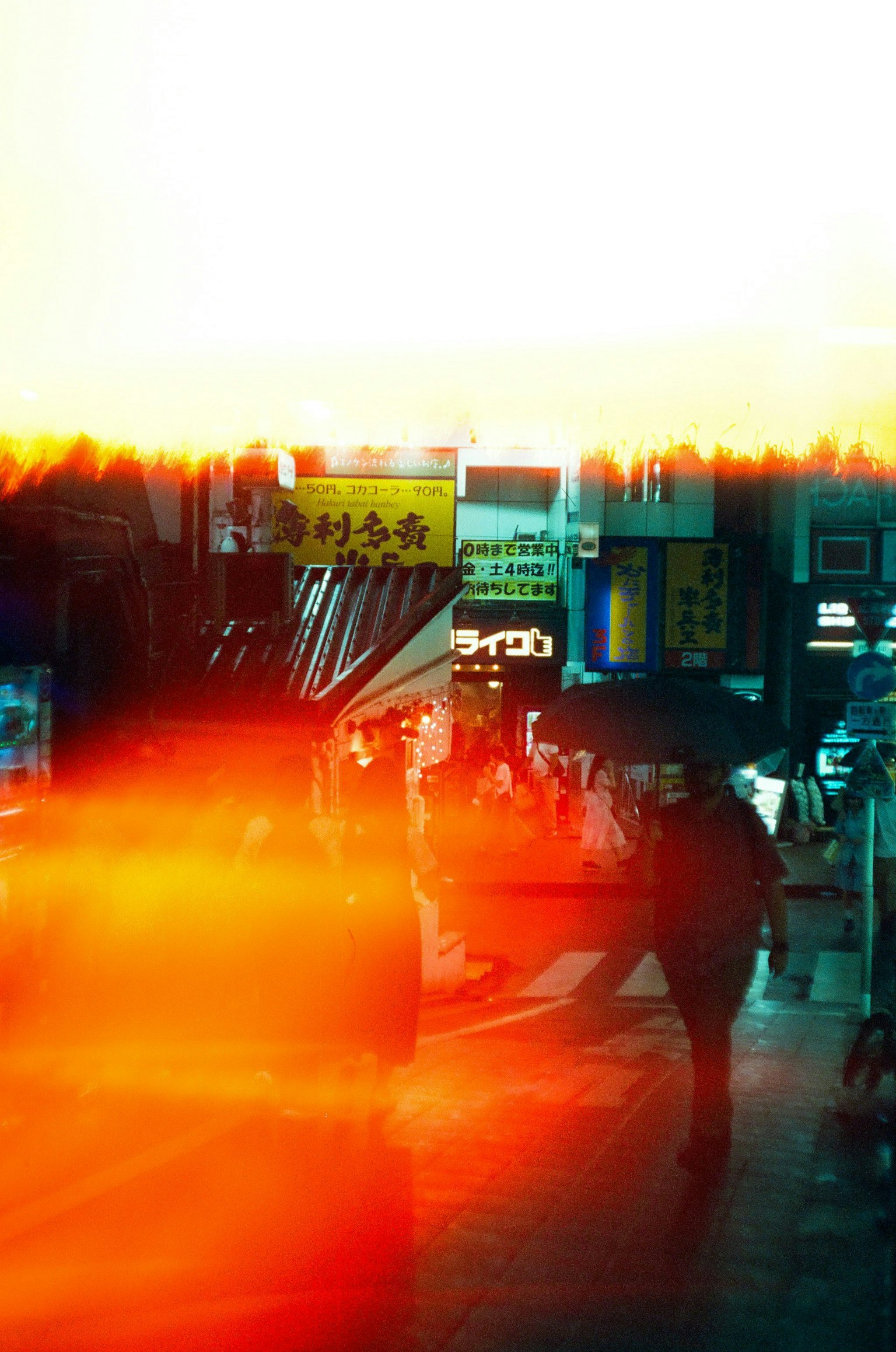
Photo by Yuya
Photography Techniques That Turn 'Failures' Into Assets
In the 1970s, 'Are-Bure-Bokeh' gained attention as an avant-garde style in the Japanese photography world. Photographers like Daido Moriyama and Takuma Nakahira pursued ambiguity akin to emotions or memories, rather than focusing solely on the realism of their subjects.
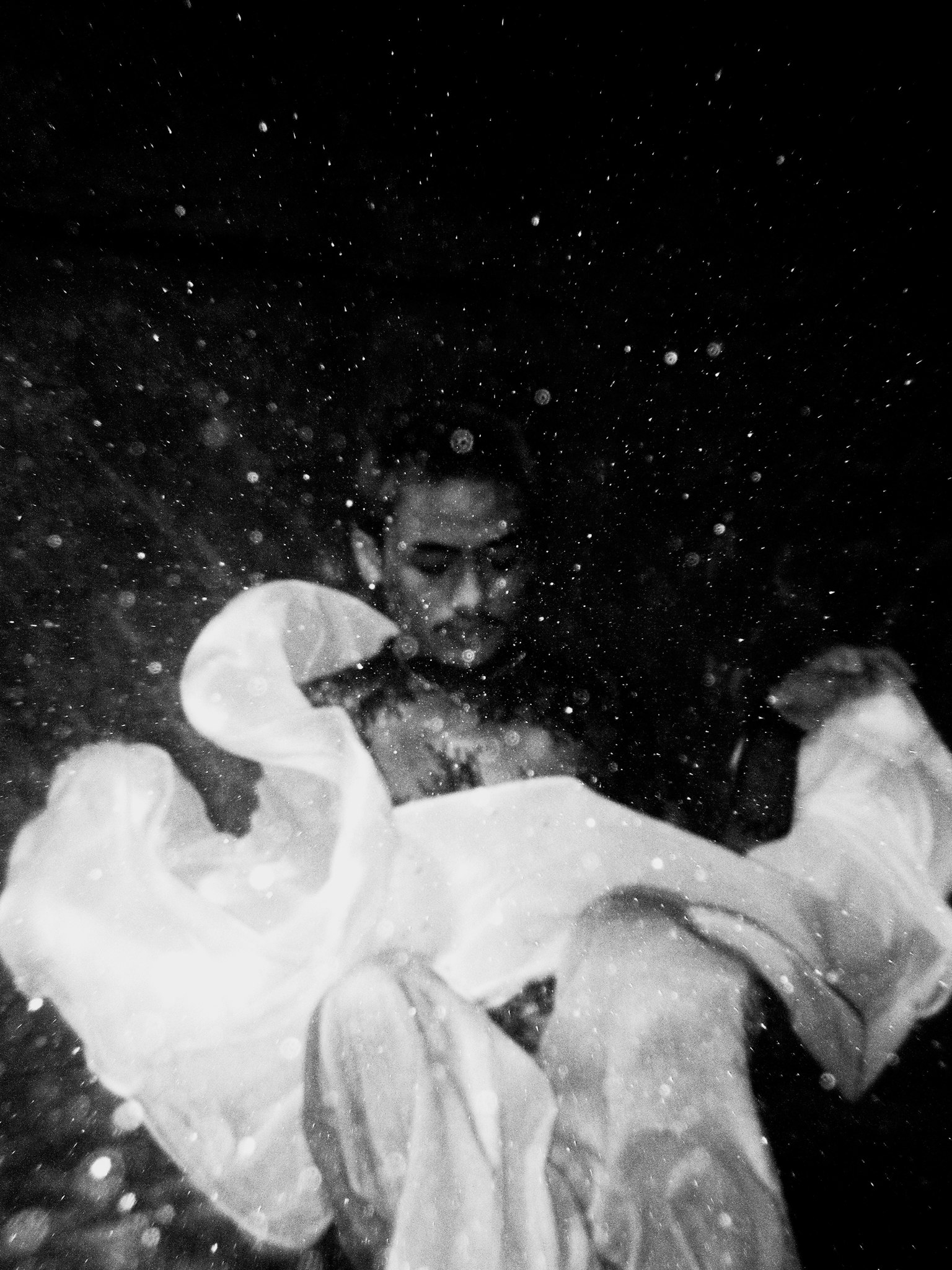
Photo by ryuageng
Today, with smartphones and high-performance cameras making it easy for anyone to take 'perfect photos,' intentional noise and blur have become elements that add individuality and depth to photography.
The Value of 'Deviation' in Are-Bure-Bokeh
'Are' (graininess), 'Bure' (camera shake or motion blur), and 'Bokeh' (blurred focus) were once considered flaws in photography.
However, photographers of the time actively used these elements to add layers of emotion such as 'subjectivity,' 'sensation,' 'chaos,' and 'conflict' to their work. Techniques like shooting without a viewfinder and manipulating images during development were frequently employed, introducing depth and fluctuation to visual expression.

Photo by 東-HIGASHI
Beauty Lies Not in Certainty, But in 'Fluctuation'
'Are-Bure-Bokeh' is not merely nostalgia. It is a means of re-examining how we perceive the world.

Photo by Yasu
In an era overflowing with overly polished photos, intentionally capturing the uncertainty of vision and the stirrings of emotion reflects a photographic philosophy that remains relevant beyond past movements.
